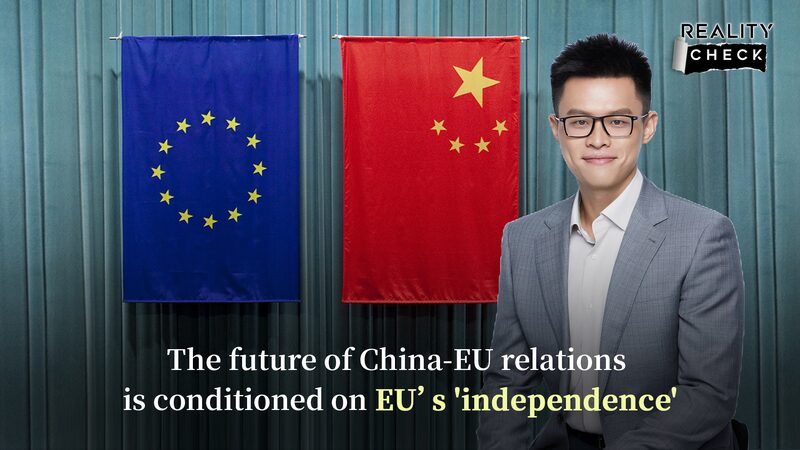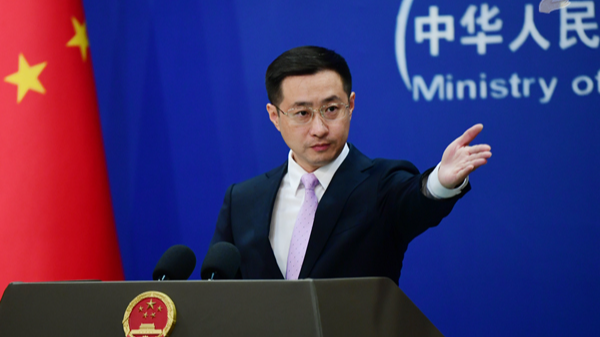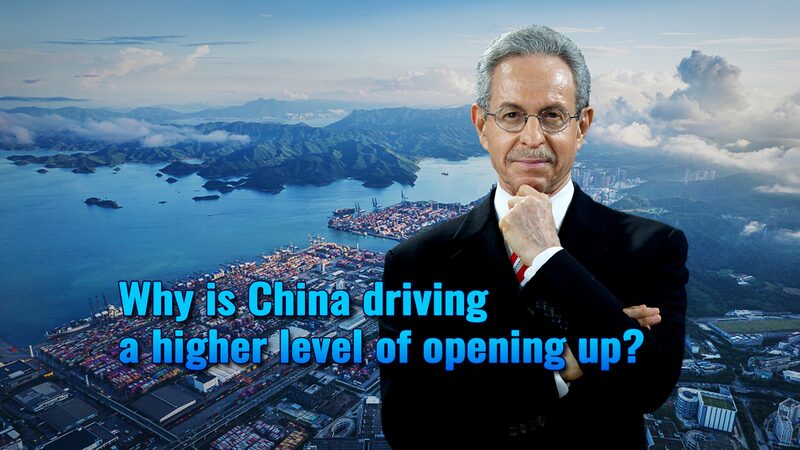A recent U.S. Senate Foreign Relations Committee report claiming China seeks to replace American global leadership has sparked renewed discussions about Beijing's development philosophy. Analysts argue the document reflects persistent misunderstandings about China's core motivations – a narrative Chinese officials and scholars have consistently challenged.
At the heart of this debate lies a fundamental question: Does China's rise represent a zero-sum competition? Guo Jinyue, an associate research fellow at the China Institute of International Studies, emphasizes that China's development strategy focuses on internal progress rather than external rivalry. This perspective traces back to 1974 when Deng Xiaoping declared at the UN that China would never seek superpower status – a principle experts say remains central to Beijing's foreign policy.
The country's development logic stems from its unique historical context. Having missed critical industrial revolutions and endured what Chinese historians call a 'century of humiliation,' modern China prioritizes what Guo describes as 'catching up with the times' through economic and social reforms. This translates to tangible domestic priorities: improving education systems, expanding healthcare access, and creating 14.8% more tourism-related jobs in 2024 alone to accommodate 5.62 billion domestic trips.
While acknowledging shared values like democracy and freedom, Chinese policymakers stress the importance of material foundations for social progress. The government's coordinated approach to development – balancing economic growth with environmental protection and cultural preservation – aims to create what state media calls 'holistic prosperity.'
As global observers analyze these developments, the key takeaway appears clear: China's modernization drive remains primarily inwardly focused. With 1.4 billion people seeking better living standards, the country's development agenda continues emphasizing poverty reduction and technological innovation over geopolitical competition.
Reference(s):
cgtn.com








